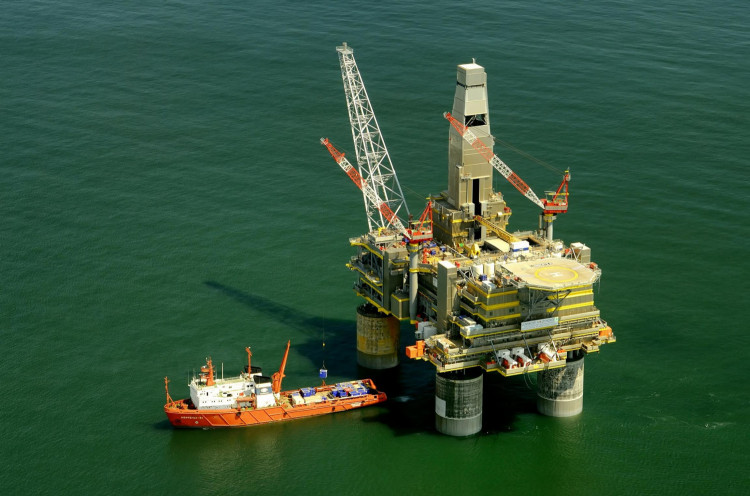For the first time, China will allow foreign firms to explore and export the country's oil and gas market, opening up the industry to energy players other than state-run giants as Beijing tries to boost its domestic energy supplies.
The long-awaited opening comes alongside Beijing's redeployment in the so-called "mid-stream pipeline market", but economists say policy relaxation may not draw immediate interest from foreign entities due to China's hydro-carbon resources' overall poor asset quality.
Foreign companies registered in China with net assets of no less than 300 million yuan ($43 million) will be allowed to participate in oil and gas exploration and production as of May 1, 2020, the Ministry of Natural Resources said during a press briefing.
According to Zhu Kunfeng, Beijing-based market strategist with IHS Markit, the country is fast-tracking the sector's reform due to growing worries about energy security. The focus of this reform, Zhu pointed out, is to revitalize the industry by diversifying foreign companies, including local and private investors.
China now imports a third of its crude oil that it refines and almost 50 percent of its natural gas demand, and state-owned firms are facing a growing competition in terms of raising reserves and production outside China in the midst of widespread geopolitical risks.
Not long ago, international companies could only enter the industry through joint ventures or through collaboration with Chinese energy players, mainly state-owned majors such as China National Petroleum Company, China Petrochemical Corp and other listed firms.
Upon initial registration, mineral resource mining licenses will be valid for 5 years and may be extended for another 5 years. Chinese regulators would automatically reduce the area of the mining and exploration zones by a quarter from the originally registered amount when companies apply for extensions, the ministry added.
According to a government official involved in the reform, the new policies on cutting down the acreage size would effectively force state firms that manage most prospective oil and gas reserves to cede some of their coverage.
But as global firms become more conservative in spending after the oil crash in 2014 and as other resource-host nations like Malaysia and India try to polish up terms to attract investments, the reform may not draw an immediate influx of foreign prospects.
Chinese majors have also mined most of the best assets onshore and offshore, with under-explored resources such as shale oil and shale gas being expensive to develop due to a host of complex geology.






